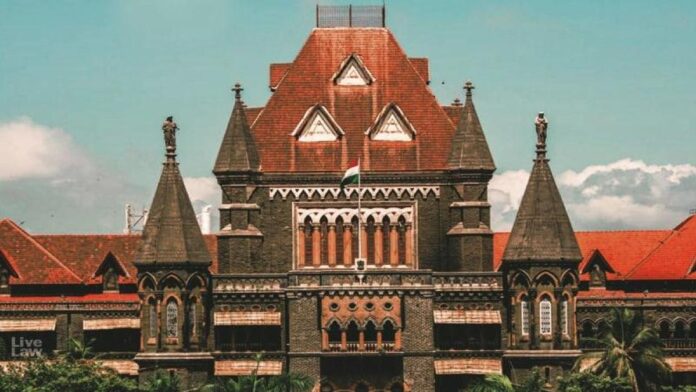According to Section 3 of the Muslim Women (Protection of Rights on Divorce) Act, 1986, a divorced Muslim woman is entitled to mahr (lumpsum support payment payable by husband to wife on divorce) from her husband, even if she has remarried. This ruling was made by the Bombay High Court.
Judge Rajesh Patil, sitting alone, noted that as the term “remarriage” is absent from Section 3(1)(a) of the MWPA, the protection afforded by that maintenance, or mahr, is unqualified and will continue to apply even in the event that the respondent woman remarries.
“The aforementioned Act has no intention of restricting the protection owed to the former wife on the basis of her subsequent marriage. The fundamental idea of the Act is that, in spite of her subsequent marriage, a divorced woman is entitled to support and a reasonable and equitable provision. The wife’s claim for maintenance under Section 3(1)(a) is based solely on the fact that she and her husband divorced. The husband is still obligated to make and pay a reasonable and fair payment, as stated in Section 3 of the judgement, the judge noted.
The Court went on to explain that if the Act were to be amended to include a clause stating that “the husband is absolved of his duty when the wife remarries,” the husband would purposefully wait for his wife to be married. A Muslim woman who has been divorced is entitled to a lump sum payment known as a “mahr,” or dower, as defined in Section 3.
A woman is entitled to fair and reasonable maintenance during the iddat period, which is a brief period of two to three months following the end of a marriage, as stated in subclause (1)(a). The verdict was rendered in response to a man’s request for a review of a maintenance order that a Chiplun magistrate had issued, which the Sessions Court at Ratnagiri had later confirmed and improved. The pair had a daughter together and were married in 2005. The petitioner filed for maintenance under Section 3(1)(a) in 2012 after divorcing the wife in 2008.
The petitioner’s former wife is to receive ₹4,32,000 in lump sum maintenance from him in two months, as per the Magistrate’s 2014 ruling. In the session court, the petitioner contested this order. In 2017, the Sessions Court denied the appeal and raised the maintenance amount to ₹9 lakh, which the petitioner had to pay in two months. If payment was not made on time, interest was to be charged at a rate of 8% annually until the balance was settled.
The High Court heard a challenge to this order from the petitioner. In addition, he gave the respondent periodic payments of ₹1,50,000. In the meantime, the woman married again in 2018. On the grounds that the respondent had remarried, the petitioner then requested that the session court ruling be quashed. Judge Patil disagreed with this argument, believing that a divorced wife’s right to maintenance and a fair and reasonable provision crystallises on the date of divorce and is unaffected by the former wife’s subsequent marriage.
“The amount owed by the husband crystallised on the day the contested decree was passed; thus, it won’t matter if the divorced wife remarries down the road if the payment is made in a lump sum. Only when the sum is due on a monthly basis would there be a difference. Thus, the Court decided that the sum of ₹9,00,000 was fair and reasonable.






